An evening at Bengal Parampara Sangeetalay and Dhaka Sessions
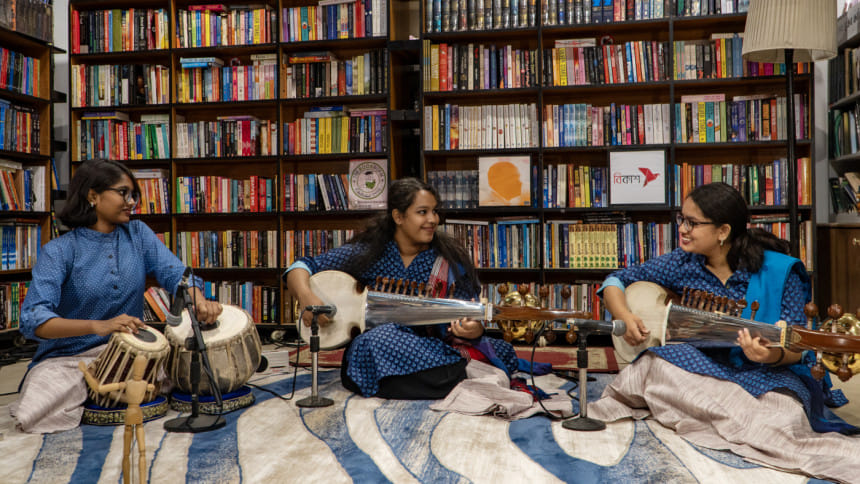
In one of their most recent episodes, Dhaka Sessions featured three young artists from Bengal Parampara Sangeetalay to perform in the intimate and literary, lush space of Bookworm Bangladesh. The ensemble featured sisters Ilham Fuljhuri Khan and Isra Fuljhuri Khan on sarod, along with Nusrat E Jahan Khushbu on tabla, and the piece performed was titled "Raga Bhimpalasi"—a nearly 17-minute-long performance filled to the brim with a sort of wonder and whimsy that only seasoned musicians in their prime can deliver.
Star Books and Literature sat down with the three artists, who have all been scholars of Bengal Parampara Sangeetalay—an institution under Bengal Foundation offering training in Indian classical music to students from a young age completely free of cost. Joining them were Maitri Sarker, senior programme coordinator of the Sangeetalay, and Chotu Khan, the curator cum founder of Dhaka Sessions.
You all are still in high school and somehow manage both music and your studies. How have you found the balance, and how long have you been a part of Bengal Parampara Sangeetalay?
Ilham Fuljhuri Khan: For my sister and me, it's been almost 10 years since we've been a part of this institution, and we've made it a significant part of our lives. For so long now, we've spent long hours at Bengal dedicating ourselves to our music. While we do have our education to worry about, it's very much like a side hobby for us. Our music takes up most of our time and we wouldn't want it to be any different than the way it is now.
Isra Fuljhuri Khan: This has mainly been possible thanks to the support we receive from our family. Being a part of a family that has a history of professional musicians has been a blessing, and as the sixth generation of musicians in the family, we are honoured to follow through with the legacy. Our first ever exposure to music was thanks to our parents. So without them, we really wouldn't be here.
Nusrat E Jahan Khushbu: My journey has been very different. I've been playing the tablas for around 11 years now, and along with my sister, I am a first-generation musician in my family. My parents have always been very supportive of our effort to learn and play music, which is really how I've managed to balance both my education and my music.
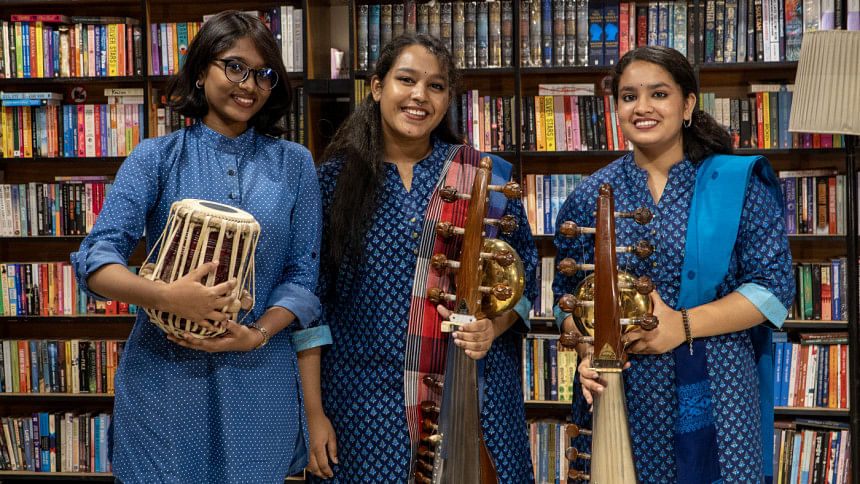
Maitri Sarker: Bengal Parampara Sangeetalay recruits gurujis to mentor our students. We make sure to put a lot of care into the growth of our musicians and are ready to provide everything free of cost to make sure they can dedicate themselves fully to their music.
How did you come into contact with Chotu bhai? What was the arrangement like?
Chotu Khan: It was actually I who contacted Bengal Parampara Sangeetalay. When I first approached them, we had a conversation about how many songs we wanted the artists to play. I insisted that it should be five, as is usual of all Dhaka Sessions episodes. But Maitri disagreed. I'm not much into classical music, so it never occurred to me that the song they would be performing would be nearly 17 minutes long.
Maitri: The Ragas, which literally mean mood, are selected very carefully. There are certain Ragas that are to be played for specific moods, and specific to the time of the day. Ragas can be very long and elaborate.
What sets Indian classical music apart from western classical music?
Ilham: A lot of western classical music is dependent on memorising compositions. How we perform, on the other hand, depends a lot on improvisation and on-the-spot communication with your fellow performers.
Isra: Another thing to note here is that while this style of music is often called Indian classical music, it is very much a part of Bangali culture. We have been performing this style of music for generations now. Ragas function more like guidelines to establish within which the performer is free to express themselves as they wish.
Chotu: They are closer to jazz in many ways where improvisation is the primary mode.
What was the experience like playing in Bookworm? Did the atmosphere of being surrounded by books create an impact on you?
Khushbu: Both Ilham and I have always been massive readers. Gorging on books whenever I get some free time is another passion of mine besides music, and having the opportunity to perform at Bookworm has become a core memory for me. Both Ilham and I would look at each other and then at the books, thinking about when we'd get to finish up with our performance and get to browse the books.
Ilham: Some of my favourite authors include Saratchandra Chattopadhyay and Kafka; I'm constantly awed by literature and its ability to create new worlds. I read with the same passion that I study music with. I think Bookworm is an amazing place for musicians to gather and perform. Music and storytelling, after all, go hand in hand.
This brings me to the idea of community. How important do you think community has been to your growth as an artist?
Isra: I think community is how we're able to pursue any form of art at all. Without the community present here at Bengal, we wouldn't be the musicians we are today. And furthermore, without the sense of community we find within the audience who enjoy our classical music, as well as our parents, we really wouldn't be able to be here. There were times when I performed even with injuries simply because of how empowered I felt by my community.
Khushbu: When I think about community, I think about my sister and my father. The tablas are traditionally perceived to be very masculine, which is why my sister and I chose to challenge that notion. To support us, my father picked up the tablas himself, just to play along with his daughters.
Ilham: On the topic of community, one thing I would like to add is that classical music has seen a decline in interest among people nowadays. Practicing the arts, in general, is always treated like an extracurricular activity in most families. Communities have a responsibility to make practicing art be perceived less as a niche activity and more as something that is meant for everyone. Our music is a part of our culture and we don't want that to be erased. There is a lot to be said about how our country does not appreciate its artists—and frankly, I think that's due to the fact that we lack a community that treats art with the love it deserves. Our culture, our art, rarely gets the spotlight it deserves.
Chotu: I think Bookworm here deserves a lot of credit for the space they've provided. When I wanted to start Dhaka Sessions, they immediately agreed to provide me with the space. The way a bookshop allowed the convergence of musicians from Bengal Parampara Sangeetalay, Dhaka Sessions, and themselves is something I'm very grateful for. I think they allow it because they understand how important this is—art, books, culture—we are all intertwined.
What do you think of the importance of communal spaces where different forms of art can converge?
Ilham: Dhaka Sessions, I will say, serves as a platform for different forms of art to come together. With so many different genres of music being played at a bookstore, I can't help but think of the many ways this helps an audience to a wider range of art.
Chotu: All of us have this tendency of separating our art from each other. Some say they're a musician while others say they're a writer. But the truth is, we are all artists. And we need to connect with each other to evolve as artists.
On that note, Chotu Bhai, what are your plans for Dhaka Sessions moving forward?
Chotu: Our primary aim with Dhaka Sessions is to archive our culture via performances that are present mainly on YouTube and Facebook. It's a platform for musicians of all kinds. From what I've experienced, fans of music in Bangladesh are dedicated to one particular genre or style, for instance, band music lovers typically don't cross over into classical music; folk music lovers don't necessarily listen to pop music much, so on and so forth. With Dhaka Sessions, I want to create a community of people who are ready to appreciate art of all kinds. Somewhere down the line, we hope to have a festival where all these artists of varying genres can come together and perform. The ultimate goal with art is to connect with people through it.
Raian Abedin is a poet, a student of Biochemistry, and a contributor to The Daily Star.

 For all latest news, follow The Daily Star's Google News channel.
For all latest news, follow The Daily Star's Google News channel. 

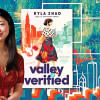

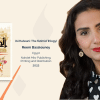



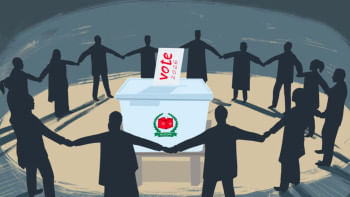
Comments